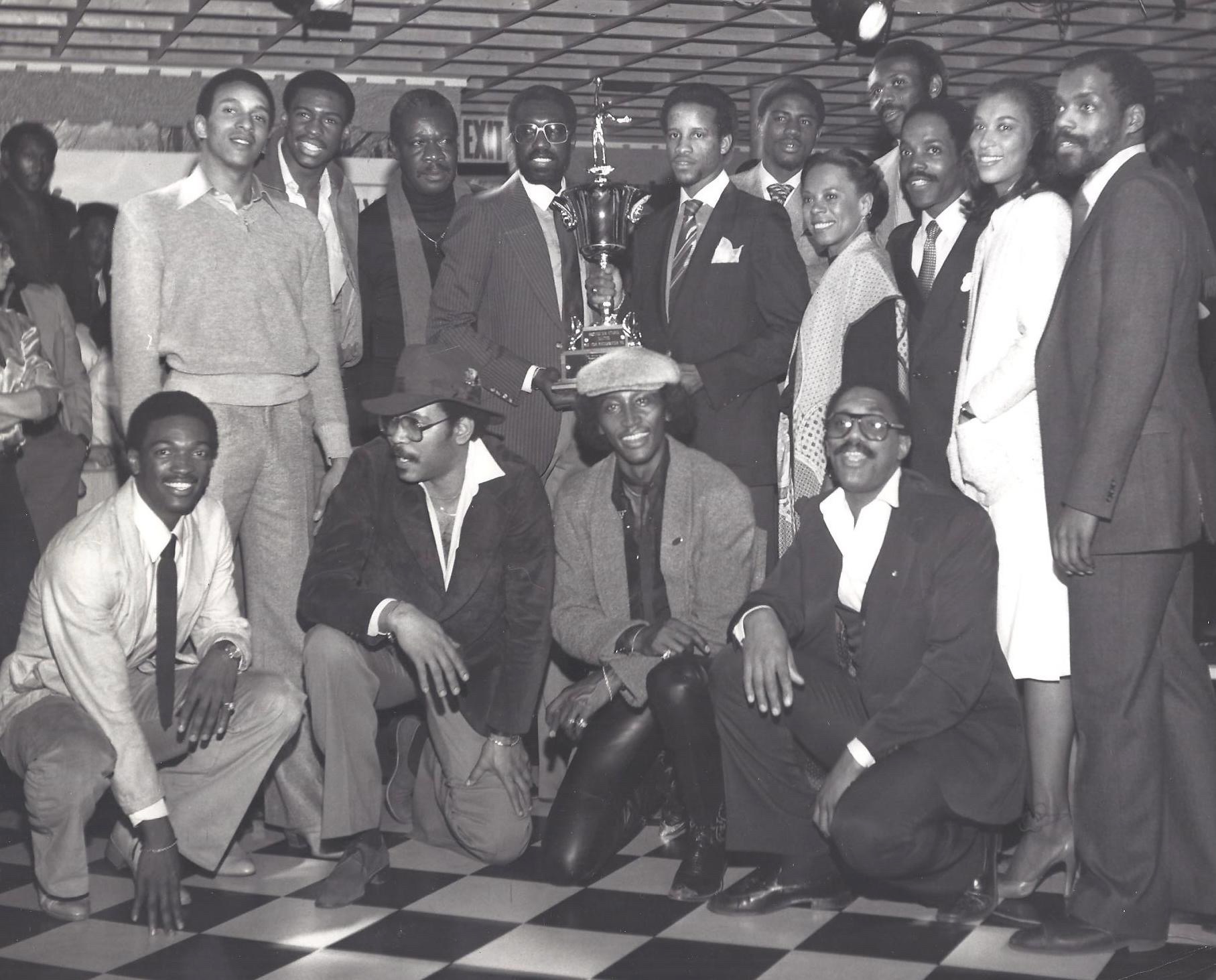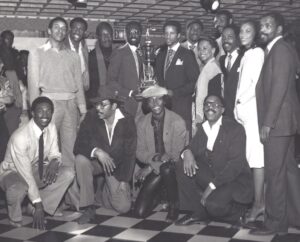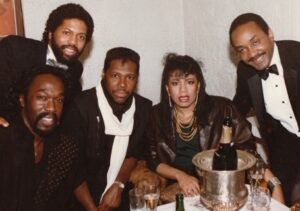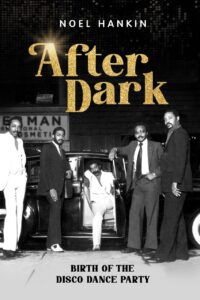
Black History Month 2024: Noel Hankin, an NYC music promoter, to give Medgar Evers College a dance music history lesson

For most people, the late 1970s disco movement is one that is defined by the 1977 film Saturday Night Fever and the Bee Gees, but this impactful music scene actually has its roots in Manhattan Black and gay dance clubs dating back to 1971. It’s a story author/entrepreneur Noel Hankin intends to set straight when he comes to Medgar Evers College on February 22, 2024.
Hankin knows what he speaks of having been an original partner in the Best of Friends (BOF), a group of eight college pals who were promoting dances at Queens College in the late ‘60s. The octet took that acumen to Midtown Manhattan, where they started a side hustle promoting music events six years before Tony Manero ever hit the dance floor on the silver screen. It’s a time and a place captured in his 2021 book, After Dark: Birth of the Disco Dance Party, which he’ll be discussing when he comes to Medgar Evers College.
“I got a job a year after I graduated in 1970 with Young & Rubicam, a large ad agency in midtown,” Hankin recalled. “I noticed the relatively small number of Black folks who worked in Midtown left at the end of the day and didn’t stick around. I was invited to a birthday party one day right after work at a club called La Martinique. They played recorded music and there were about 200 folks, mostly Black, but not all Black. It was a great party and I was thinking that we should be doing this.”

An emergency meeting of the BOF partnership led to the decision of the eight-man team hosting nights a couple of midtown clubs — Ginza and the much-larger La Martinique — that catered to a predominantly Black white-collar crowd “…that was well dressed with money in their pockets because they had good jobs and didn’t have a place to socialize after work.”
When the aforementioned club owners decided to cut BOF out of the equation, the partners started building their own clubs, starting with Lucifer’s in Queens in 1973. Expansion led to include Brandy’s (formerly Orpheus) in Brooklyn in 1976 and a return to Manhattan in the shape of Leviticus (1974), Justine’s (formerly Othello) in 1975 and Bogard’s (1980). It wound up being wildly lucrative, even as the partners kept their day jobs.
“We had a lot of celebrities who came through our clubs,” Hankin said. “The Knicks were regulars at Othello’s, but also at Leviticus. People like Elizabeth Taylor and Andy Warhol — they came on their own. They came because when we were open, there was no Studio 54 and they didn’t have any alternatives. It was much more diverse than anything that happened subsequently because eventually, there were 15,000 to 20,000 discotheques in this country alone, so when you have that many options, they become segmented. And people also forget that Studio 54 was only open for three years.”

Hankin coming to Medgar Evers College ties into his roots when he was invited by former MEC president Edison Jackson to support the latter’s annual gala in the early aughts. The East Hampton resident also arranged for five students to receive a four-year scholarship. And as a founder of the Thurgood Marshall College Fund, Hankin made Medgar Evers College one of the member institutions, an association that continues to this day. For the former club promoter, his upcoming event is important to teach students history they might not otherwise be aware of.
“I want these young folks to know the fact that African-Americans played a significant role in igniting the disco craze that raced around a good part of the world,” Hankin said. “The disco craze touched a lot of parts of the world. I want them to be aware of the role we played — that’s the main thing.”
***
BLACK HISTORY MONTH AT MEDGAR EVERS COLLEGE
For more information on the Noel Rankin event, please click here.
For our full calendar of Black History Month events, please click here.